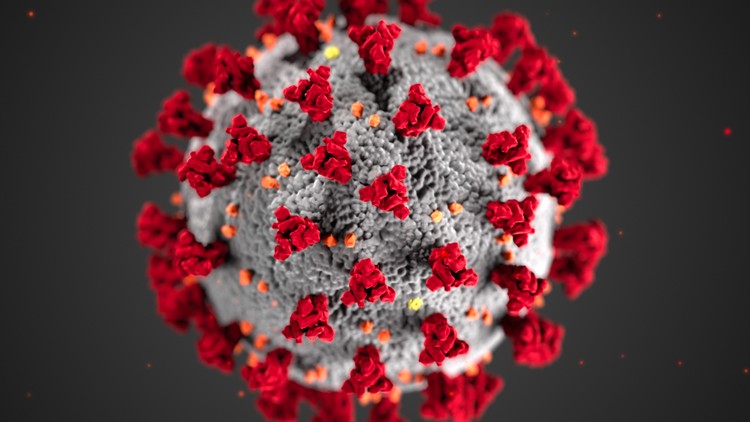
Learning about COVID-19 origins, symptoms, impacts, prevention and its forecasts
What you will learn
To understand the cause, symptoms and the relevant action that needs to be taken to control the spread of COVID-19
To understand the processes countries followed to stop the pandemic at policy levels
Why and how COVID-19 is different from other communicable diseases
To learn quick strategies to support mental health & psychosocial well-being of individuals during social distancing and quarantine
Understand how effective public health systems look to handle disease spread
To understand how COVID-19 impacts different communities
Why take this course?
This course will help you:
- To understand the cause, symptoms and the relevant action that needs to be taken to control the spread of COVID19
- To understand the processes countries followed to stop the pandemic at policy levels
- To understand the short term and long term environmental effects of COVID19 including biodiversity loss
- To learn quick strategies to support mental health and psychosocial well-being of individuals during social distancing and quarantine
- To understand how COVID-19 impacts different communities
Learners will build a knowledge base on:
Note➛ Make sure your 𝐔𝐝𝐞𝐦𝐲 cart has only this course you're going to enroll it now, Remove all other courses from the 𝐔𝐝𝐞𝐦𝐲 cart before Enrolling!
- Understand the cause, symptoms of the disease and zoonotic origins
- Understand why and how COVID-19 is different from other communicable diseases
- Understand how effective public health systems look to handle disease spread
- Understand the meaning of disaster management.
- Understand the potential impacts of the pandemic on mental health and well-being of individuals, and how notions of empathy and caring for each other are critical during a pandemic
- Understand the dangers of discrimination and further inequalities that can arise during global crisis
Essential Questions:
- Why is it called a pandemic? How can we prevent the spread?
- What are some steps that we need to take to stop these pandemics to reoccur in the future?
- What are some strategies to take care of your own mental health and well-being as well as that of your family members and neighbors?
- How does our treatment of our environment contribute to risk of infectious diseases like COVID-19?
- What does good governance (policy and health system management) look like to curb disease spread?
- How has COVID-19 shed light on racial and socioeconomic issues ?
- What is your role as a concerned citizen and how can you help?
Skills: Learners will be able to:
- Utilize strategies to manage stress especially during times of crisis and become more aware of theneed for empathy and self-care
- Become knowledgeable about pandemics and their health impacts
- Recognize what good governance looks like at government and health system levels during diseaseoutbreak/crisis
- Be observant about the loss of biodiversity and environmental losses
- Learn individual’s role in this pandemic and get ideas on how to practice being a good citizen
- Identify injustices that stem from discrimination and xenophobia during a global crisis
English
language
Found It Free? Share It Fast!